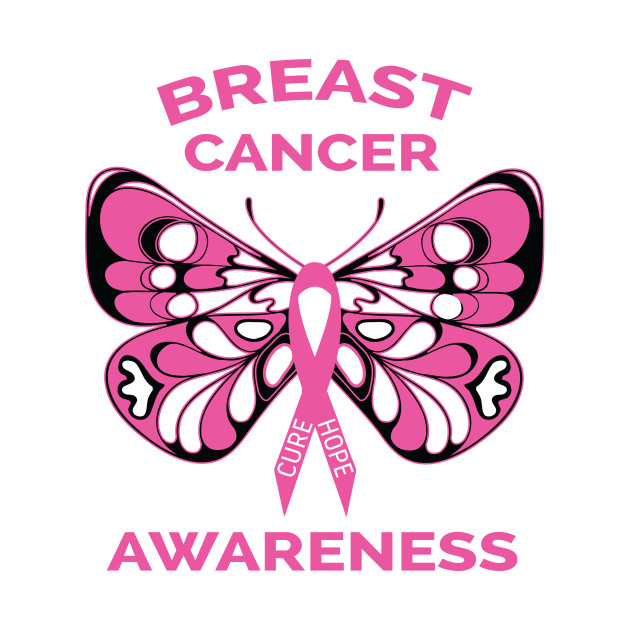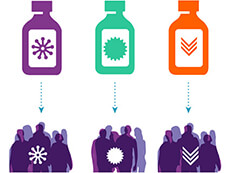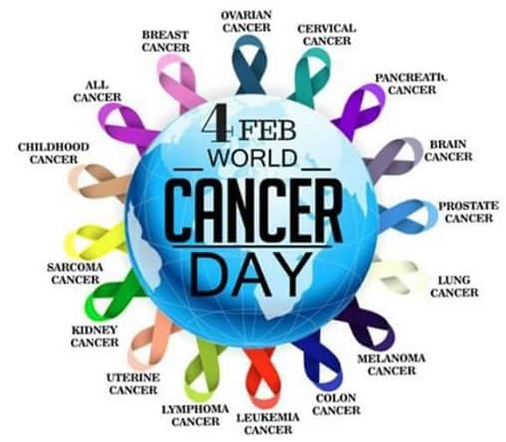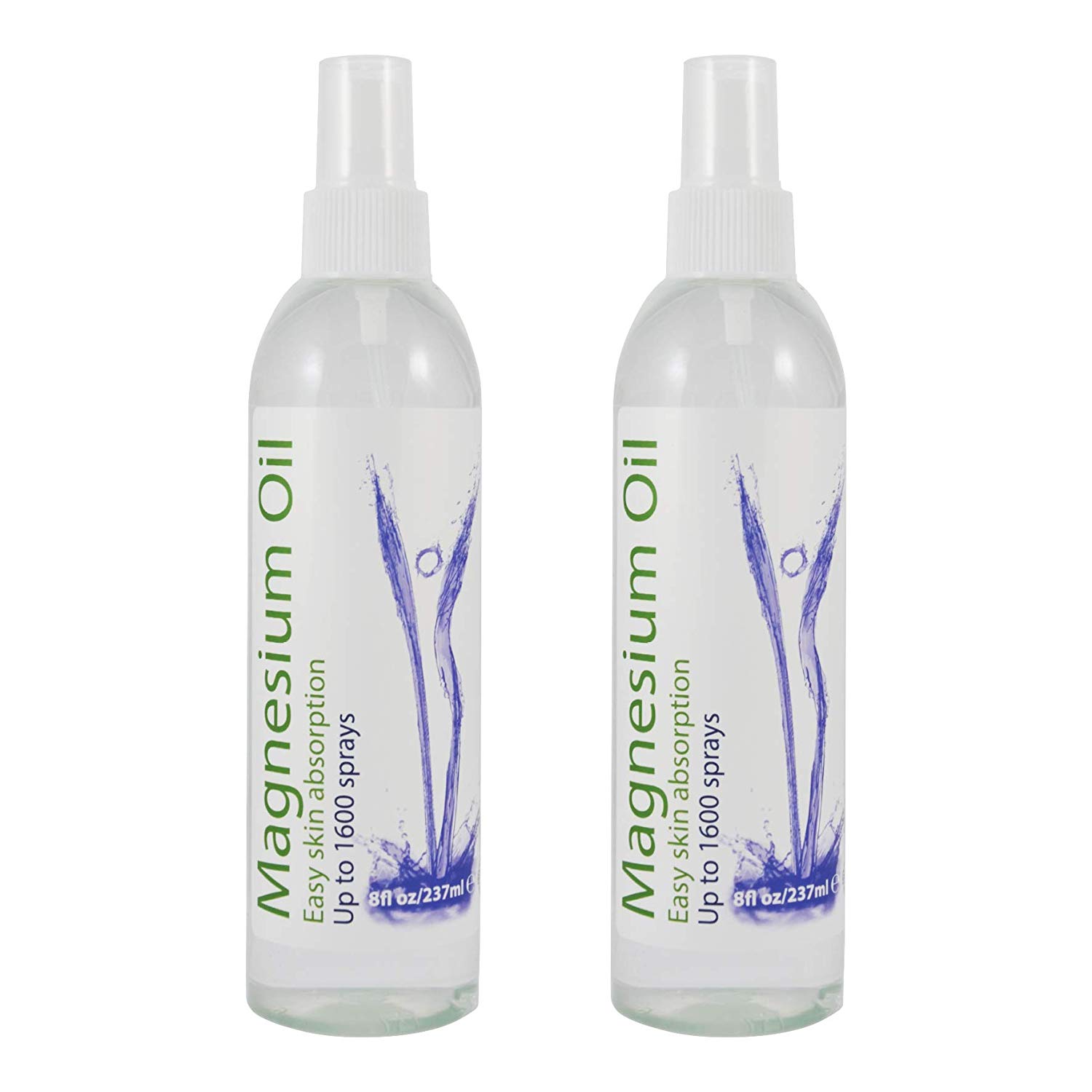|
Sulfur is called nature's "beauty mineral" because it keeps skin smooth and youthful and hair glossy. Sulfur is necessary for the production of collagen and keratin, proteins necessary for the health and maintenance of skin, nails and hair'
$14.95
Magnesium has an effect on more than 300 bodily chemical reactions. This includes maintaining heart health, sustaining blood vessels, boosting and maintaining energy levels, producing new cells and proteins, and enabling enzyme activity.
|
|
Cancer Treatment >
Diet During Cancer Rx.
Nutrition for people with cancerGood nutrition is especially important for people with cancer. Eating a variety of foods and well-balanced meals can help you feel better and stay stronger. Eating well during treatment helps to maintain your body weight, improve your strength and energy, decrease the risk of infection and assist your body in healing and recovery from cancer treatments. Some cancer treatments work better when you are well nourished. People with cancer who are well nourished and able to maintain a healthy body weight often have a better prognosis. A healthy diet includes eating and drinking foods and liquids with nutrients that your body needs – proteins, carbohydrates, fats, vitamins, minerals and water. Your healthcare team, which usually includes a registered dietitian, can help you maintain nutrition through your treatments and any side effects. A dietitian is a key member of the healthcare team who can provide counselling about proper nutrition just for you during your cancer experience. Ask your doctor for a referral to a registered dietitian if you have questions or concerns about nutrition. The Dietitians of Canada website also provides information about healthy eating and how to locate a dietitian. The importance of calories and proteinEvery person with cancer will have different nutritional needs, but people being treated for cancer sometimes need more protein and calories (energy) than usual. Ways to increase calories and protein
Eating more snacksSnacks between meals may help people who have cancer to gain weight, increase their protein and calorie intake and boost their energy level. Some easy and nutritious snacks are:
Eating more proteinPeople who have cancer may need to eat a diet high in protein. Protein is important for cell growth and repair and a healthy immune system. Without enough protein, the body may take longer to recover from illness or cancer treatments. Good sources of protein include fish, poultry, lean red meat, eggs, dairy products, nuts and nut butters, dried beans, peas and lentils, and soy foods. Ways to add extra protein to your diet
Eating more caloriesCalories are important for maintaining weight. You may need to eat a diet high in calories, especially if you are losing weight. Calories provide the extra energy you need when you’re recovering from surgery and fighting cancer. Carbohydrates and fats are good sources of extra calories. Foods that are high in calories include:
Ways to add calories to your diet
WaterYour body needs water and other fluids to stay healthy. If you don’t take in enough fluids and experience side effects of cancer treatment such as vomiting or diarrhea, you can easily become dehydrated. AlcoholYou may wonder whether it’s okay to drink alcohol during treatment. Talk to your healthcare team first. Alcohol can interfere with some medicines, treatments (such as chemotherapy) and certain health conditions. Alcohol also increases the risk of developing certain types of cancer. If you choose to have a drink after talking to your healthcare team, you may find that it increases your appetite and helps you enjoy your meal. However, alcohol is low in nutrition and high in calories, so a drink or 2 may make you feel full – and then you may not feel like eating anything else. When you just can’t eatThere may be times when you feel you just can’t eat. If food doesn’t appeal to you, or you feel too tired or sick to eat, it may be difficult to meet all of your nutrition needs from food and drinks alone. If you can’t eat for more than a couple of days, talk to your healthcare team. They might recommend some of the following alternatives. Commercial nutrition supplementsCommercial nutrition supplements are a good source of calories and nutrients. They come in a variety of flavours and forms, including a ready-to-use beverage (similar to a milkshake), a powder, a pudding or a bar. Try different varieties to find one that is right for you. They are sold in pharmacies and grocery stores, and you don’t need a doctor’s prescription to buy them. Some provincial and private healthcare insurance plans may cover the cost under certain conditions. Talk to a registered dietitian if you think that you will need to rely on commercial nutrition supplements more than food. Feeding tubesYou many have trouble getting enough nutrients if you can’t eat or drink, have problems swallowing, have a very sore mouth or throat or are unable to properly absorb nutrients. If it becomes too hard for you to eat or drink and you lose a lot of weight, your healthcare team may suggest using a feeding tube to help meet your nutrition needs. If the digestive system is not working properly, parenteral nutrition may be given. Parenteral nutrition may be called total parenteral nutrition, or TPN. It provides fluids and essential nutrients directly into the bloodstream through an intravenous (IV) catheter. Vitamins and mineralsYour body needs vitamins and minerals to function properly. The best way to obtain vitamins, minerals or other nutrients is by eating healthy foods. But if cancer and its treatments make it hard for you to eat healthy for a long period of time, someone on your healthcare team may suggest that you take a vitamin and mineral supplement every day. If taking a supplement is your idea, be sure to talk to your doctor or healthcare team first. You need to make sure taking a vitamin and mineral supplement is appropriate and safe, especially if you’re getting chemotherapy or radiation therapy. Some people may also consider using nutritional supplements or “natural” health products. “Natural” doesn’t always mean safe. These products may also interfere with other medicines or treatments. Always talk to the doctor or healthcare team about nutritional supplements or natural health products before taking them. |
|
|

OPEN 24 HOURS: ACCIDENT EMERGENCY, LAB SERVICES, IMAGING SERVICES & PHARMACY










